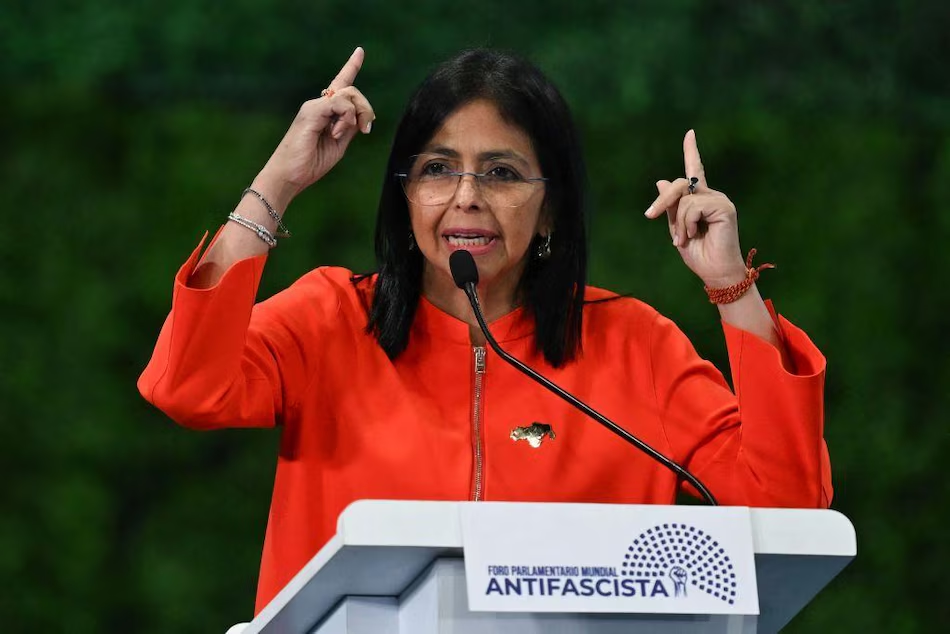Wikileaks yawn may be spiced up for the banks


From the Sidelines
Many of the “sensational” revelations of diplomatic cables let out by Wikileaks this week, have turned out to be one liner gossip-mill items
The sort of stuff overheard on the ambassadorial cocktail circuit.
In Panama we learn that Noriega was showing no signs of giving in to U.S. pressure to depart, prior to the 1989 invasion. That was “news”?
Britain’s Prince Andrew is “cocky”, Italy's Burlusconi “a party man”, Sarkozy of France, “arrogant” and Russia's strong man Putin an “alpha dog”. Many readers who had figured it out for themselves long before, could barely stifle a yawn and returned to the gossip pages about the goings on of showbiz luminaries.
But in some political circles there has been reaction to the great yawn,
Sarah Palin, herself a regular target of gossip and innuendo, has suggested that Wikileaks founder Julian Assange should be "hunted down like al-Qaeda and Taliban leaders". Writing on Facebook, she attacked the White House for its "incompetent handling of this whole fiasco". She went on: "Assange is not a 'journalist' any more than the 'editor' of al-Qaeda's new English-language magazine Inspire is a 'journalist'. He is an anti-American operative with blood on his hands."
On the other hand Britain’s First Post says that the political revelations are nothing compared to what’s come about the private sector
Neil Clark writes:
In an interview with Forbes magazine earlier this month, WikiLeaks' editor-in-chief Julian Assange announced that his site was planning another "megaleak" for early 2011, which would be from the private sector and involve "a big US bank"….
A WikiLeaks' shift from focusing on government to the world of big business would be hugely welcome. For the trouble with this week's release of US diplomatic cables is that it reinforces the belief that governments are the most important actors in world affairs. They're not. Capital runs the world, not politicians.
We saw this quite clearly here in Britain at the time of the general election in May. After the inconclusive general election result, "the markets" (whoever elected them, I wonder?) made it quite clear that they did not want a Labour-led coalition, which would cut public spending at a much slower rate than they required.
Such is the power of international finance capital today that the money men can, in effect, bring down any government they wish – and exert enormous pressure on governments to do their bidding.
The people who really decide what happens in the world today are not politicians or diplomats, but bankers, hedge fund billionaires, bond holders, international 'investors' and currency speculators. If they want massive cuts in public spending, then we'll get massive cuts in public spending. If they want "regime change" in a certain part of the world, then we'll get "regime change".
He omitted to add that when things go wrong with the banks, it's governments, using taxpayer money that are called in to bail out the unelected malefactors, some of whom do end up behind bars. {jathumbnail off}





